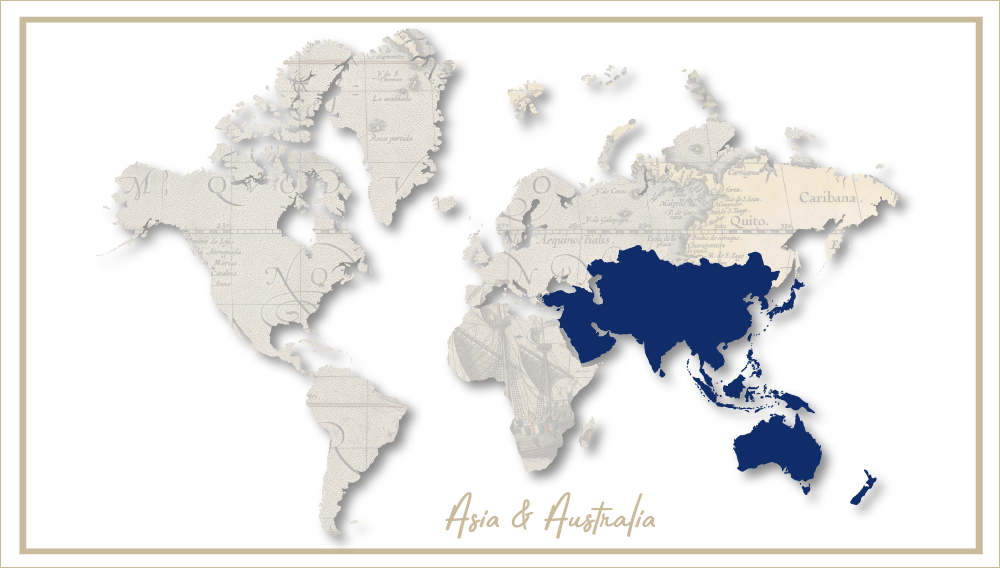A po-faced Foster’s board
You have to give it to SABMiller: they have an impeccable sense of timing. A few days before Foster’s was to release its 2011 full year results, SABMiller went hostile on Foster’s by taking its AUD 9.5 billion bid (USD 10 billion) directly to shareholders, thus cutting out Foster’s management. SABMiller needs 90 percent of Foster’s shareholders to agree to ensure success.
Going hostile is a mean move. But what other option did SABMiller have after Foster’s board rejected its approach as significantly under-valuing the company?
According to the London Sunday Times (21 August 2011), SABMiller’s CEO Graham Mackay had tried to ring David Crawford, Foster’s Chairman, on Tuesday last week to tell him that SABMiller was going hostile but could not reach him because the ever-so-busy Mr Crawford was in a board meeting of BHP Billiton, the Anglo-Australian mining giant where he is a director. When the meeting was finally over, Mr Crawford had to learn about SABMiller’s aggressive move from the press.
Whether the story of Mr Mackay wanting to do yet another courtesy call to Mr Crawford is true or not, it underlines what Larry Gandler, an analyst at Credit Suisse, has said recently, namely that Foster’s board made a mistake when they took themselves out of the picture. For two months they have steadfastly refused to talk to SABMiller after SABMiller had made an AUD 4.90 per share offer for Foster’s in June.
Mr Gandler added that there isn’t much that the board seems to be able to do to regain control of the situation, especially now that Foster’s underwhelming results are on the table.
Yesterday, on 23 August 2011, Foster’s reported its biggest decline in beer sales in 20 years. Foster’s reported an underlying profit of AUD 494.9 million for the 12 months to the end of June, down 8.7 percent from the previous financial year, as beer sales slumped 6 percent by volume.
In fact, after a loss on the recent demerger of Foster’s wine business, Treasury Wine Estates, the bottom line sank to a loss of AUD 89 million.
Not good.
That leaves Mr Pollaers with very little ammunition to defend himself from the unwanted attentions of SABMiller. He pledged that his company would return at least AUD 500 million to shareholders this financial year, through either a share buyback or a capital reduction, and that he has set himself tough new targets – the classic stuff of a bid defence.
But will it be enough to dissuade investors from accepting a takeover deal?
Foster’s shares closed on Monday at the AUD 4.90 offer price, indicating investors do not see much pressure on SABMiller to raise its bid significantly.
To succeed, though, SABMiller may have to dangle a carrot before investors. That is, offer a bit more money. SABMiller has reportedly raised USD 12.5 billion in bid finance, giving it room to hike the offer as high as AUD 6.12 per share, commentators say.
The current offer values Foster’s at 12.5 times forecast EBITDA. That is around the global average for recent deals, but below other mature-market beer deals such as when Kirin bought Australian brewer Lion Nathan in 2009 for 13.1 times and InBev bought Anheuser-Busch for 13.8 times in 2008.
Ok, SABMiller can increase its bid. Whether it should, is another matter.
SABMiller, in its final bid price, will have to factor in the cost of Foster’s losing two lucrative beer licences, Stella Artois and Corona Extra, which contribute more than AUD 100 million a year to Foster’s pre-tax profit, or 20 percent of total profits, according to estimates.
While there is no guarantee that Foster’s would lose these licences with a change in ownership, they are such powerful contracts that any potential buyer would need to consider the possibility.
The Stella Artois beer licence is said to expire in 2012 and competitors have no doubt started lobbying the owner of Stella Artois, Anheuser-Busch InBev. The chances of Foster’s keeping the licence, worth about AUD 15 million a year, are far from guaranteed.
Since the global merger of Anheuser-Busch and InBev, the new entity’s strategy is to appoint one brewer in each region to manage its licences.
Right now, its beer licences in Australia and New Zealand are split between Lion (owned by Kirin) and Foster’s. But AB-InBev tipped the balance in Lion’s favour when it granted Lion the licence to produce and distribute its Budweiser brands in Australia and New Zealand. Lion also has the licence for Beck’s and it distributes Corona in New Zealand.
With no other bidder in sight, time is on SABMiller’s side. The whole takeover could drag on for months, thinks Mr Gandler. “We think, over the next four to five months, SABMiller will release conditions, bump its offer and relinquish the dividend to deliver AUD 5.15 in cash to shareholders, plus a 10 cent dividend.”
Looks like the battle for Foster’s will not be over any time soon.

